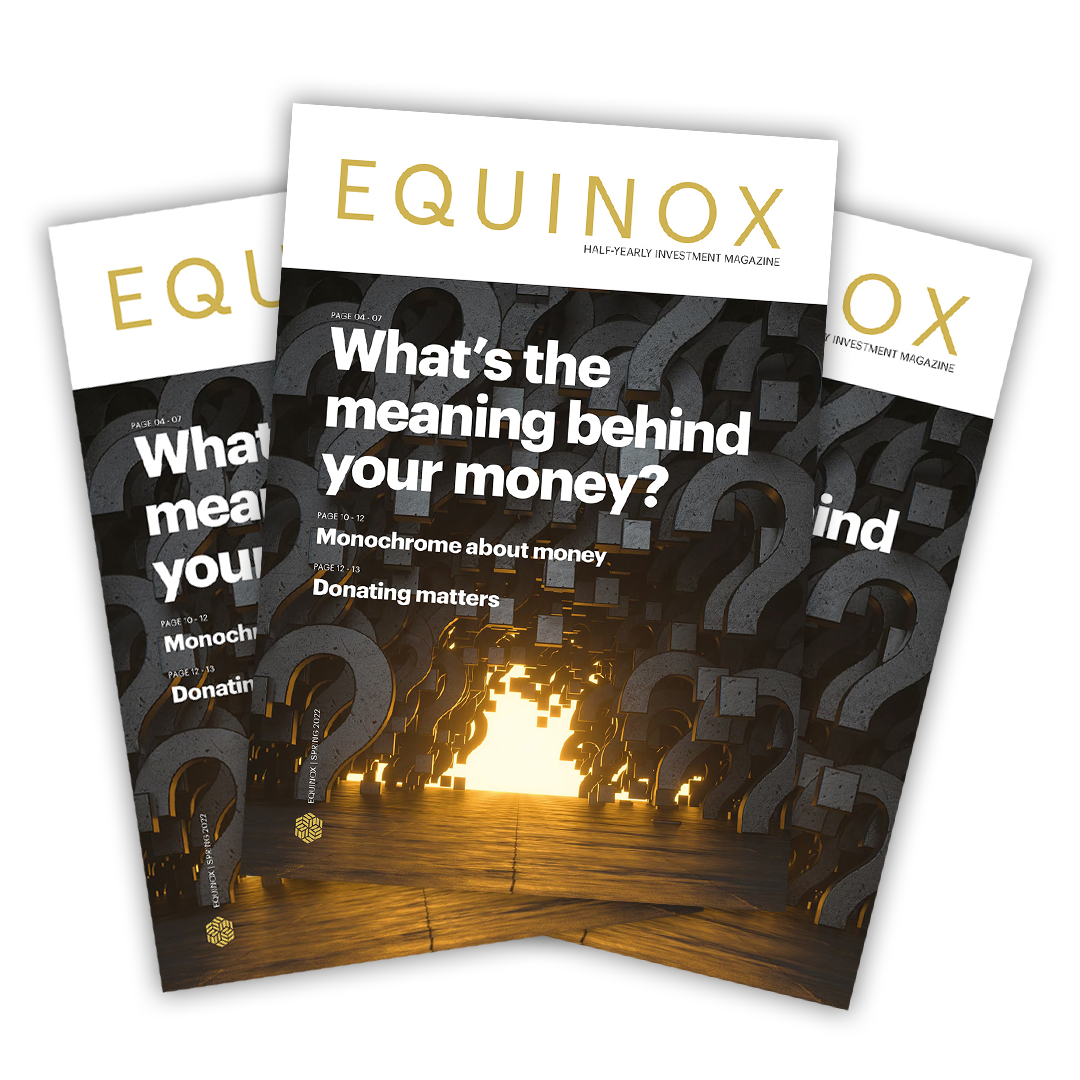Executive Summary
- The pound has fallen sharply since Friday’s “mini budget”, with UK government bonds (gilts) also selling off significantly.
- The government’s tax cuts and spending commitments will increase the size of our national debt in the short term, although they believe it will help long-term growth.
- The fall in sterling potentially pushes inflation up even further.
- This adds pressure on the Bank of England to hike interest rates further/faster than before.
- The fall in the pound actually helps some of our overseas assets, notably our US dollar cash fund and US government bond positions.
- It has also presented opportunities – we bought some UK gilts at a yield of c.4.2%, as well as some other higher- yielding bonds.
- We have also bought a FTSE 100 tracker in most portfolios at c.7,000. The fall in the pound increases the profits of the top 100 index, where roughly 80% of earnings come from outside the UK.
What has happened?
During Friday’s “mini-budget”, the government made some significant tax cuts.
This included the surprise removal of the 45% additional rate income tax band and the cutting of basic rate income tax from 20% to 19%, as well as the reversal of the planned national insurance contribution increase.
The various tax cuts have been estimated to cost around £45bn over the next three years. Source: Financial Times 22 September 2022
This came two weeks after the government announced support for businesses and individuals with their energy bills. Their own estimates are that this could cost around £60bn over the first six months.
These tax cuts and spending commitments will need to be funded by government debt, at least in the short term.
Financial markets reacted strongly, with the price of UK government bonds (gilts) falling sharply, partly in response to the likely increase in supply.
This means the yields – the cost of borrowing for the government – have increased (given the inverse relationship between price and yields).
A UK 10-year gilt now yields around 4.2%, having been below 3% at the end of August and less than 1% at the start of 2022.
The pound also fell sharply. At its lowest on Monday morning, it reached around US $1.03 to the pound, before rebounding to around $1.08 later in the day. At the beginning of this year, the pound was worth around US $1.35. Source for all yields and currency data: Investing.com
The fall in the pound makes it likely inflation could push higher in the short term, particularly as the cost of imported goods become more expensive. Both this, and the additional money in the economy, increase the pressure on the Bank of England to increase interest rates.
The government argues that putting money back into people’s pockets will help stimulate economic growth, although most of the benefit will be felt by higher earners who generally have a lower propensity to spend.
It is important to note, that the increased levels of debt do not mean the UK government risks becoming insolvent.
We have our own currency and our debts are largely denominated in sterling. This means the state will always be able to “print” enough pounds to repay our debt, even if the yield demanded by investors may increase.
What effect has this had on the portfolios?
Our positions in UK gilts and other bonds fell in value, although we have been generally holding less in bonds than usual.
Global stock markets also fell over the past few days, partly in response to various global central banks putting interest rates up to combat inflation. UK stocks fared worse than most.
However, the falling pound cushions the fall in our overseas stocks, where we are invested in other currencies which have risen against sterling.
We also hold other non-sterling assets. For example, we hold a dollar cash fund in most portfolios, with the largest amount in our defensive and cautious funds. Other assets, such as some of our US government bond funds, have also benefited from the increase in the dollar relative to the pound.
How has Equilibrium reacted?
We think this presents some good short-term opportunities.
For example, we can now lend money to the government for a guaranteed 4.2% p.a. over 10 years. Source for all yields and currency data: Investing.com
In the short term, the price of gilts may go up or down, but if held until maturity, that return is fixed in advance.
We think this looks like an attractive return for very little risk, and so have topped up in most portfolios.
We have also topped up some corporate bonds, where we lend money to companies rather than governments. In particular, we bought a short-dated high-yield bond fund, which currently has a yield of around 8% p.a. Whilst these carry higher levels of risk, since these companies could default on their debts, the relatively short time until maturity reduces this risk.
Finally, we have also purchased a FTSE 100 tracker in most portfolios. An estimated 80% of the earnings of FTSE 100 companies come from outside the UK, according to a recent article in the Financial Times (9 September 2022).
The falling pound means that those earnings will have gone up in sterling terms.
After the Brexit vote, when the pound last fell sharply, the FTSE 100 did too before rallying as investors digested these facts.
This time around, the FTSE fell below 7,000, which we felt was a good time to purchase, based both on long-term fundamentals and the possible boost from the lower pound.
Long-term focus
We recognise the current landscape feels particularly unsettling. As discussed in the recent edition of The Pulse, in the short term, markets are being driven by unpredictable political and geopolitical events.
However, we feel value is emerging in many asset classes and taking a longer-term view, we are very optimistic about future returns. The recent turmoil has allowed us to top up such asset classes at cheaper prices.
If you have any queries, please get in touch with us on 0808 156 1176 or via your Equilibrium contact.
Past performance is for illustrative purposes only and cannot be guaranteed to apply in the future.
This blog is intended as an information piece and does not constitute a solicitation of investment advice.


